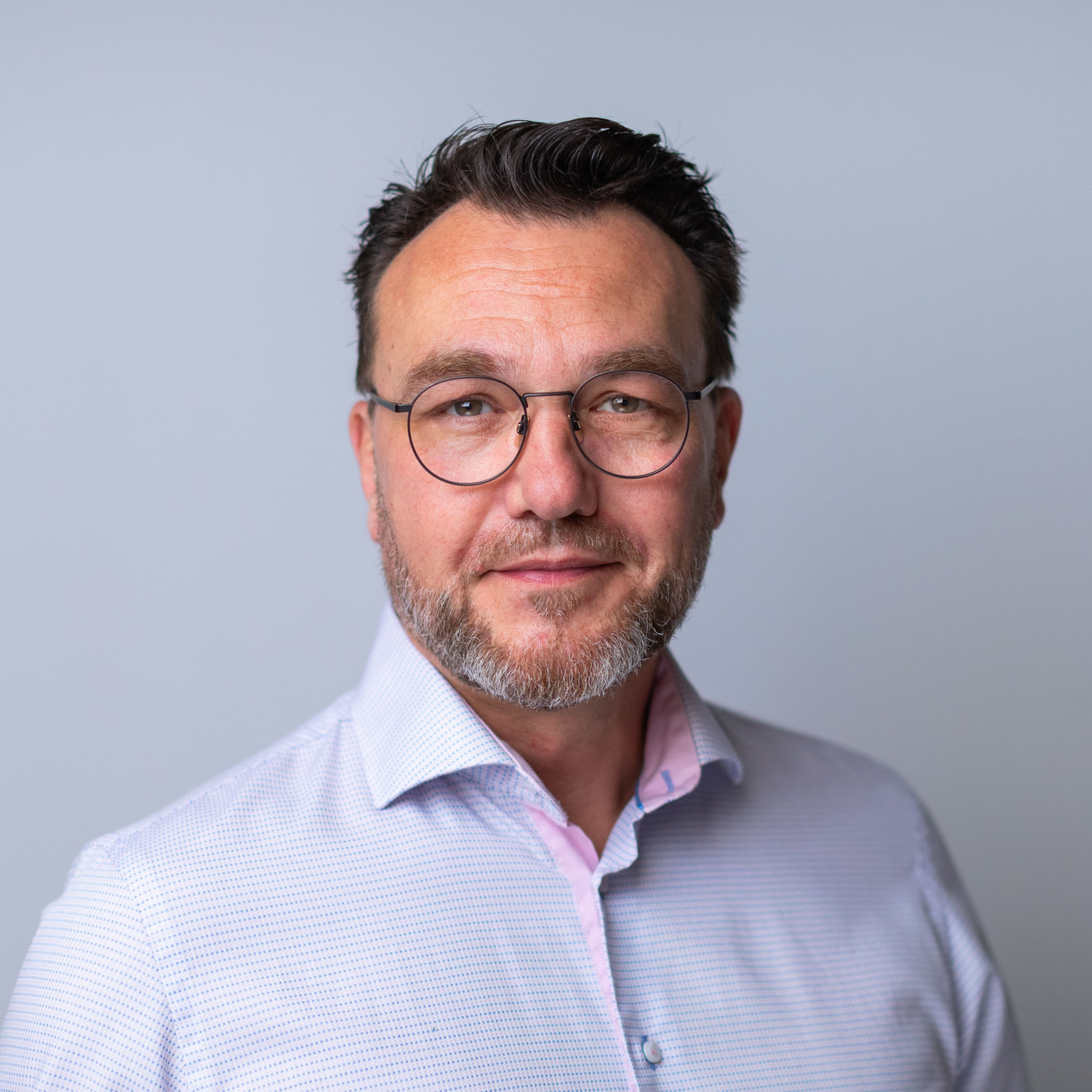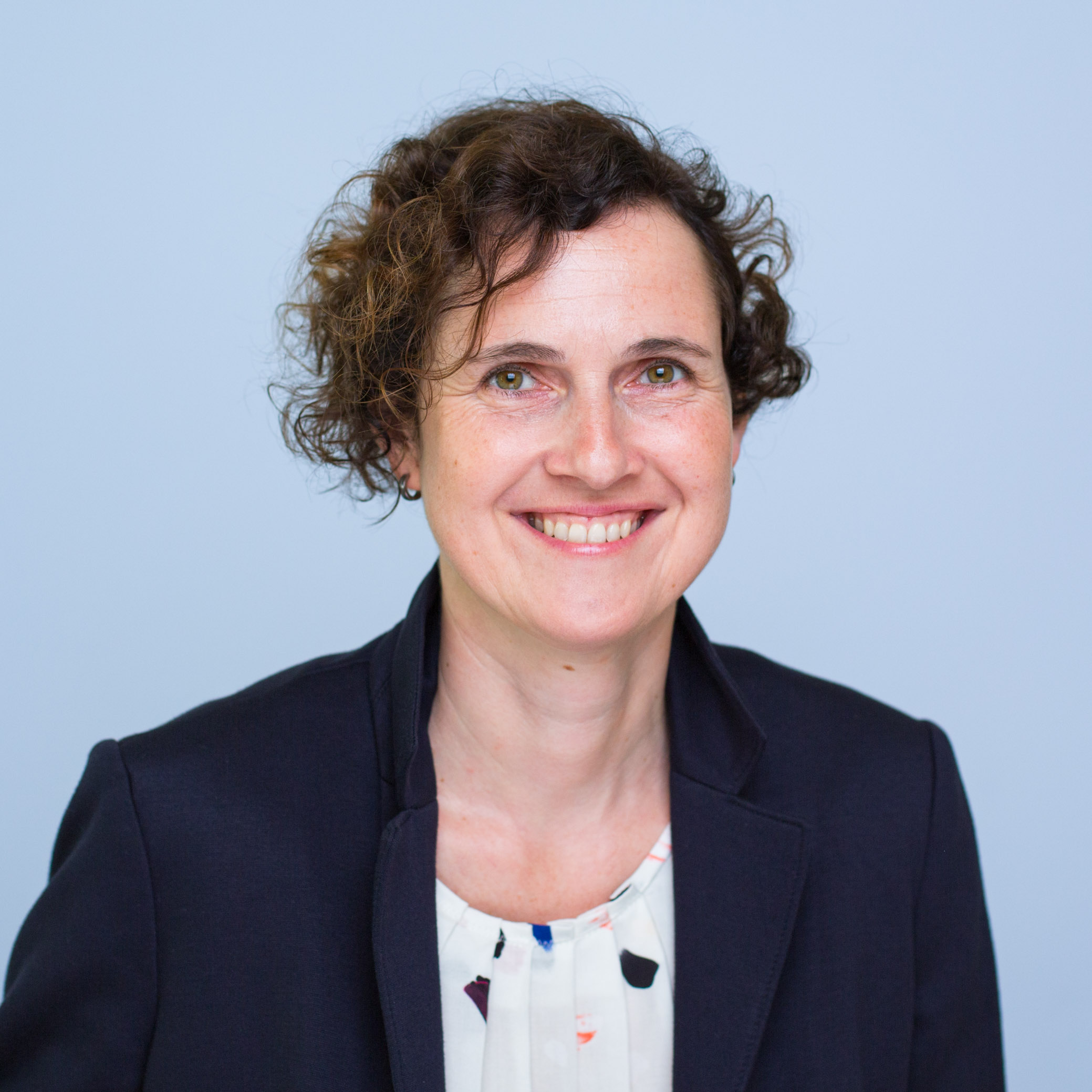

WENDEKRAFT
DEVELOPMENT FOR
ORGANIZATIONS
AND HUMANS
Organizational Development | Coaching | Training | Conflict Resolution

Wende [ˈvɛndə]
- major changes in the course of an occurrence or of a development
- Transition from a certain time period to the next similar one
Kraft [ˈkraft]
- ability to act or produce an effect
- something which has the inherent cause or ability to archieve a certain impact
WENDEKRAFT is a collective of consultants and coaches specializing in innovative ways of both navigating and facilitating change. Driven by benevolence and prudence, we focus on the potentials envisioned by our clients and orient ourselves towards solutions that actualize those visions. In doing so we carefully examine patterns and dynamics of systems and make our perceptions available.
We treat people with appreciation, respect and trust. Our work is based on systems thinking and integrates solution-focused practices. We tailor our work to the needs and in appropriate contexts of our clients by using various formats for large groups, teams or individuals seeking to make practical change and synergizing usable differences.
WENDEKRAFT cultivates development for organizations and people.
How we work
Organizations and people tend to like constancy and stable dependency in conditions. They strive to maintain and continue the status quo. A driving force for this is the need for continuity and security. Efforts tend to focus on ensuring that little changes. One of the functions of an organization and its leadership is to create order and stability in order to achieve the desired purpose of the organization.
At the same time, the world is becoming more and more complex and things are changing faster and faster. Increasingly confusing situations require vigilance and regular adjustment. This can cause stress and pressure, influencing organizations as well as people.
Physics defines the context upon which forces act on objects as a force field. People and organizations experience such force fields in different ways, but everyone perceives their effects. WENDEKRAFT supports executives, managers and teams in actively shaping the responses to a given force field by engaging in development that uses the energy released positively.
In our understanding, organizations are social systems that function through communications. Value creation arises from relationships and these are significantly shaped by attitudes and values. Clarifying purpose of an organization gives its members meaning and power. In our work we bring these central components into awareness and integrate them into the focal working topics. The decision about the appropriate format for working on such topics is made together after an initial discussion. Formats that we use can include one or more of the following: an organizational development process, a strategy process, a workshop, training, coaching, a large group or a mediative process.
What we do
Organizational Development & Change
When an organization is in balance, all units know exactly why they perform certain tasks, their own role in that interrelated system, and the importance of their collective interactions in actualizing their purpose. Collaboration between departments and teams is based on mutual trust and respect.
Everyone knows and understands the strategic goals and makes decisions based on them. When functioning well, the organization is creative, effective and joyful – people enjoy their work and they work synergistically together.
Organizations are not permanently in such equilibrium at all points. Innovations, ecological challenges, social and political changes ensure complexity and high speed. Organizations and people easily become unbalanced and a lot of agility and resilience is required when balancing the diverse requirements. Much more important than a balanced state itself is the skillful pursuit of it.
By organizational development we mean striving for such balance. Structures, processes and culture are consciously adapted and brought into harmony. Changes are initiated in a targeted manner to enable better work.
We see leadership as an essential component of organizational work. Even in times of profound disruption, it remains the task of leadership to give organizations effective structures that are based on confidence. To achieve this, leadership must create meaning and stability. WENDEKRAFT strengthens and supports leadership work in finding and restoring balance.
Comprehensive change processes require clear feedback loops and the mobilization of all members of the organization for change. The design process usually begins with developing a shared view of the status quo and creating a shared vision of the future. WENDEKRAFT designs the necessary processes with those responsible and supports the organization in implementation and integration.
Coaching
The focus of coaching is working with the challenges of people and teams in organizations, networks and communities. Coaching creates a mental framework that enables new perspectives and solutions to be found.
Especially for people who design and make decisions, it is important to have clarity about their own roles, increase options and discover resources. Reflection and an external perspective help solutions to unveil with greater ease and those solutions to be more effective, facilitating better decision-making and enabling a healthy balance between work and downtime.
Training
Organizational work and leadership work are complex and demanding tasks that require know-how and experience. That’s why we create a learning field with our trainings that consists of three elements:
Attitude & know-how. Based on a systemic understanding of organization, a solution- and potential-focused attitude is conveyed. The selected concepts and tools are based on the principles of positive leadership. They help executives, managers and teams to lead themselves and others effectively and to create an organization that excels at learning and adapting.
Apply & Practice. Together we experiment and practice with the tools and methods presented. In this way, initial experience can be gained, which creates a solid basis for practical application and the transfer into everyday working life. Reflecting on experiences creates a common understanding of leadership work.
Integrate & interlink. Collegial case work with specific topics supports the integration of what has been learned such that it can be applied in everyday management. At the same time, case work enables a transfer of knowledge and experience within and for the team.
Conflict Resolution & Mediation
Organizations are ambivalences cast into structure (Fritz Simon). Conflicts in companies are therefore normal. They are symptoms which indicate that tensions exist challenging teams and people to actualize the organization’s purpose. We understand such symptoms as critical areas for development and that leadership has an opportunity to improve the organization when such indicators arise. When dealing with conflicts, roles, structures, processes and cultural elements are central areas for uncovering specific solutions. For complex and extensive areas of tension, this systemic approach is supplemented with the format “Solution-focused Conflict Survey”, a method developed by WENDEKRAFT. This form of constructive dispute strengthens the resilience of teams and organizations.
Consultants
We are dedicated to dialogue and high quality standards.
We are united by a passion for enabling positive change.
The diversity of our experiences and perspectives fosters creativity and innovation.
-
ZUM PROFIL

Chris Zvitkovits
Shaped by a life full of surprising twists and turns, he experiences change as a permanent process that is an expression of vitality. He sees the less obvious, which often leads to effectual questions. He cultivates his not-knowing and prefers to rely on systems theory rather than be seduced by momentary management trends. He pays attention to effectiveness and functionality when choosing formats. He is amazed by the parallels between systems theory and the theories of Buddhist philosophy.
Core conviction: Value creation arises from relationships. The power that makes transformation successful arises from trust and shared meaning.
VIEW PROFILE: Chris ZvitkovitsCONTACT
chris.zvitkovits[at]wendekraft.com
FOCUS
Coaching
Organizational Consulting
Conflict Resolution and Consulting
Trainings in Communication, Self-leadership & Inner Work, Leadership Developmentmore
Consulting focus
- Coaching
- Organizational Consulting
- Conflict Resolution and Consulting
- Trainings in Communication, Self-leadership & Inner Work, Leadership Development
Professional positions
- Coach | Systemischer Organisationsberater | Mediator seit 2014
- 3 Jahre Leitung Vertrieb Services für Zentral- und Osteuropa eines multinationalen Telekommunikationsunternehmens.
- 2 Jahre kaufmännische Geschäftsgebietsleitung eines internationalen Telekommunikationsausrüsters.
- 4 Jahre Beteiligungsmanagement und -controlling für Zentral- und Osteuropa eines internationalen Industriekonzerns.
- 1,5 Jahre kaufmännische Geschäftsfeldleitung eines internationalen Elektro- und Energietechnikherstellers.
- 3 Jahre Umweltberatung in Ostösterreich.
- 2 Jahre kommunale Abfallberatung.
Education
- Masterstudium (MSc) Beratungswissenschaften mit Schwerpunkt Konfliktregelung, Sigmund Freud Privatuniversität Wien (2014)
- Zertifizierter Mediator nach dem ZivMediatGesetz, Arge Bildungsmanagement Wien (2014)
- Diplomlehrgang Lösungsfokussiertes Coachen und Beraten, Solutions Management Center Wien (2013)
- Lehrgang Systemisches Change Design & Organisationsentwicklung, trainconsulting Wien (2013)
- Studium der Betriebswirtschaft (Mag. rer. soc. oec) mit Spezialisierung Industriebetriebslehre und Wirtschaftsinformatik, Wirtschaftsuniversität Wien (2000)
Working languages:
German (native speaker), English -
ZUM PROFIL

Christina Schweiger
Curious and attentive, she devotes herself with great dedication to what is not visible at first glance. She enjoys guiding people and teams through complex situations and creates space for the systematic search for insights and solutions. She quickly goes into depth and relies on the problem-solving skills of people and the collective intelligence of organizations. In her work, she values a balance between reason and intuition and always finds good theories incredibly practical. She particularly enjoys exploring paradoxical areas of tension, as this is where learning and development potential and opportunities for growth are hidden.
VIEW PROFILE: Christina Schweiger
Core conviction: Learning is a process that can be consciously shaped – as an individual, in a team and in the entire organization.CONTACT
christina.schweiger[at]wendekraft.com
FOCUS
Executive Coaching
Leadership Coaching
Consulting/support in the areas
of people & culture, change
Organizational development and organizational learningmehr
Consulting focus
- Executive coaching
- leadership coaching
- consulting/support in the areas of people & culture, change, organizational development and organizational learning.
Professional positions
- UAS professorship and head of the “Human Resources & Organization” department and head of the “Human Resources Management” Bachelor’s degree course and the “Organizational & Human Resources Development” Master’s degree course at a university of applied sciences, since December 2018
- Independent consultant/trainer/coach since 2011
- Lecturer at universities of applied sciences, universities and further education institutions since 2011
- 3 years Project and department head functions in organizational research on the topics “SMEs & Family Business” and “Strategic Change” at a university of applied sciences
- 5 years Senior researcher with a focus on strategic change capability, organizational learning and systemic OE at a university of applied sciences
- 7 years Research assistant and doctoral candidate with a focus on entrepreneurship, corporate, organizational and personnel development
Education
- Mentor Coach Training; further training at Solutions Academy (Kirsten Dierolf) (2024)
- Professional Certified Coach (PCC); certification with International Coaching Federation (ICF) (2023)
- Solution Focused Coaching in Organizations; one-year international coaching training at Solutions Academy (Kirsten Dierolf) (2023)
- Training and further education programme for systemic constellations in the context of organizations; one-year training at Perspektiefe Vienna (Stefan Dörrer) (2023)
- Training in systemic solution-focused consulting and coaching at IASTI (International Alliance of Solution-Focused Teaching Institutes); training and further education with Günter Lueger, Gunther Schmid, Steven Gilligan, Peter Szabo and Evan George, among others; Advanced Solution-Focused Practitioner & Coach Level 1 & 2 (2012)
- PHD in social and economic sciences (Dr. rer. soc. oec.), specializing in business education. Dissertation: Systemic personnel and organizational development in technology-oriented start-ups, Karl-Franzens-University Graz/WU Vienna (2010)
- Master Degree in Business Education (Mag. rer. soc. oec.), Karl-Franzens-University Graz (2003)
Working languages:
German (native speaker) -
ZUM PROFIL

Sabine Zhang
Is at home in various complex worlds and languages and loves to read between the lines. Always asks the right questions. Takes on different perspectives and considers contradictions an inspiration for innovation. Designs forums where conflict gives way to dialogue.
Core conviction: a good life for ten billion people on this planet with limited resources is achievable. Verdict: the social and technological transformation necessary to make it happen is simply a matter of will.
VIEW PROFILE: Sabine ZhangCONTACT
szhang[at]szhang.at
FOCUS
Transformation projects in Companies and NPO’s
Organisational Design
Systemic Impact
Teambuilding
Executive Coachingmore
Consulting focus
- Transformation projects in Companies and NPO’s
- Organisational Design
- Systemic Impact
- Teambuilding
- Executive Coaching
Professional positions
- A systemic organisational consultant and a sparring partner for executives.
- 7 years CEO of a human rights organisation
- 5 years efficiency consultant at manufacturing companies
- 3 years Chief Representative in the paper business in China.
- Has lived and worked in Austria, China, India, Senegal and Ukraine.
Education
- Whole-Scale Change (2024)
- Systemisches Coaching (2016)
- Systemische Beratung und Change-Management Ausbildung (2012)
- Studium der Sinologie, Soziologie und Geschichte an der Universität Wien (2005)
- Master of Business Administration an der China Europe International Business School, Shanghai (1999)
Working languages
Is fluent in Chinese, German,
English and French.
readings
Sharing knowledge. Reflect experience.
Make development accessible.
lesbar should inspire, refresh and stimulate.
Recent Articles HERE